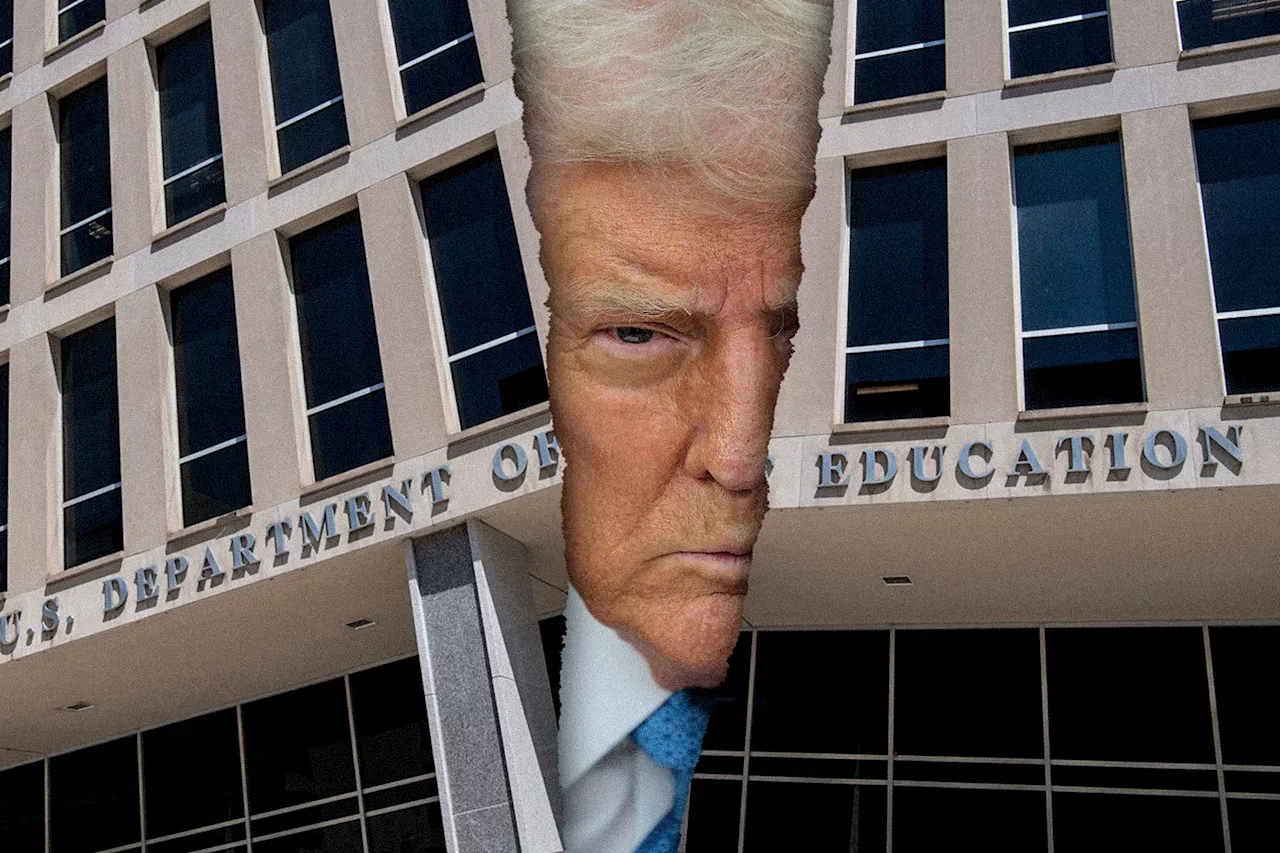This article explores the historical role of the federal government in supporting public education in the United States. It highlights the founding fathers' belief in the importance of an informed citizenry and the various federal initiatives that have shaped public education throughout history.
In recent years, American conservatives have railed against the supposed encroachment of the federal government on what—and who—schools teach. President Donald Trump and his inner circle have taken that even further.
Reports indicate that the president is preparing an executive order that will encourage the new secretary of the Department of Education (presumably, if she’s confirmed, Linda McMahon) to submit a plan for the agency’s wind-down and encourage Congress to pass legislation abolishing it. On top of that, the administration plans to use any funds it can free up to fund voucher programs, which end up supporting private schools. During a press conference Tuesday, the president stated that he wants to “let the states run schools”—which in red states increasingly means directing large sums of public resources to vouchers. All these moves are supposedly justified by the idea that the federal government does not play a legitimate role in education. But founders like Washington, Adams, Jefferson, and Madison would be confused, if not outraged, by the current administration’s disdain for public education and the federal government’s role in it. Our Founding Fathers knew that democracy could not survive without an informed population, and at every turn they called for federal government support of public education. And that support, more than once, has helped transform our democracy for the better.Over the past 250 years, public education has been one of this country’s great successes, propelling formerly enslaved people into citizenship and literacy, opening new life trajectories to women, and bridging deep religious differences. In a lesser-known history, the federal government helped bring public education to Southern white children, whose illiteracy rates prior to Reconstruction were five times as high as in the North.Federal leadership on public education predates the Constitution itself. During the Revolutionary period, the Founding Fathers were animated by the idea that public education was an essential ingredient of America’s radical experiment in self-government. James Madison quipped: “A popular Government, without popular information, or the means of acquiring it, is but a Prologue to a Farce or a Tragedy.” The cure, John Adams proposed, involved extending public education to “every rank and class of people, down to the lowest and the poorest.” Thomas Jefferson seconded the idea and warned that representative government would be the tool of “tyranny” unless common people were equipped with the skills to resist it.Adams and Jefferson began with education programs in their home states, but their ideas quickly became the work of Congress too. In passing the Northwest Ordinance of 1787—one of four founding legal documents, alongside the Declaration of Independence, the Articles of Confederation, and the Constitution—Congress placed education at the physical center of what it meant to be a state. The ordinance dictated the rules for territories to become states and required that, as a necessity of “good government and the happiness of mankind, schools and the means of education shall forever be encouraged.” Congress was building on legislation from two years earlier that had carved the territories into counties and towns and specified that the center lot in every town had to be reserved for schools—and outer lots had to generate resources to support those schools. Still today, these requirements, first created by Congress, live on in state constitutions across the country that require the state to hold various lands in trust for public education.The Civil War era marked the second major federal commitment to public education. This began with President Lincoln in the midst of war. He had long considered education “the most important subject which we as a people can be engaged in” and made public education a priority as the Union took Confederate territory. Writing in 1863 to Union Army Gen. Nathaniel Banks, who had just taken control of Louisiana and the Mississippi River Valley, Lincoln said he wanted the people of Louisiana to host a constitutional convention and form a new government. The president was willing to leave most details of the Louisiana Constitution to the people, but he was specific on education: “Education for young blacks should be included in the plan.”Lincoln adopted the same approach later that year when offering terms of amnesty to the South. He would put most every other difference aside, so long as Southern states freed Black people and “provide for their education.” Though Southern states ignored the offer, Banks put Lincoln’s vision into action through two military orders, dividing Louisiana into school districts, establishing their governance system, and directing them to construct buildings, hire teachers, and levy school taxes—a radical idea at that point in history.Soon, federal officers across the South were directly involved in school operation
PUBLIC EDUCATION FEDERAL GOVERNMENT FOUNDING FATHERS HISTORY CIVIL WAR
United States Latest News, United States Headlines
Similar News:You can also read news stories similar to this one that we have collected from other news sources.
 Federal money affects more than the federal government: The Wake Up for Wednesday, Jan. 29, 2025President Trump’s freeze on federal grant and loan funding left Ohio agencies, universities and companies that receive federal money in a state of uncertainty.
Federal money affects more than the federal government: The Wake Up for Wednesday, Jan. 29, 2025President Trump’s freeze on federal grant and loan funding left Ohio agencies, universities and companies that receive federal money in a state of uncertainty.
Read more »
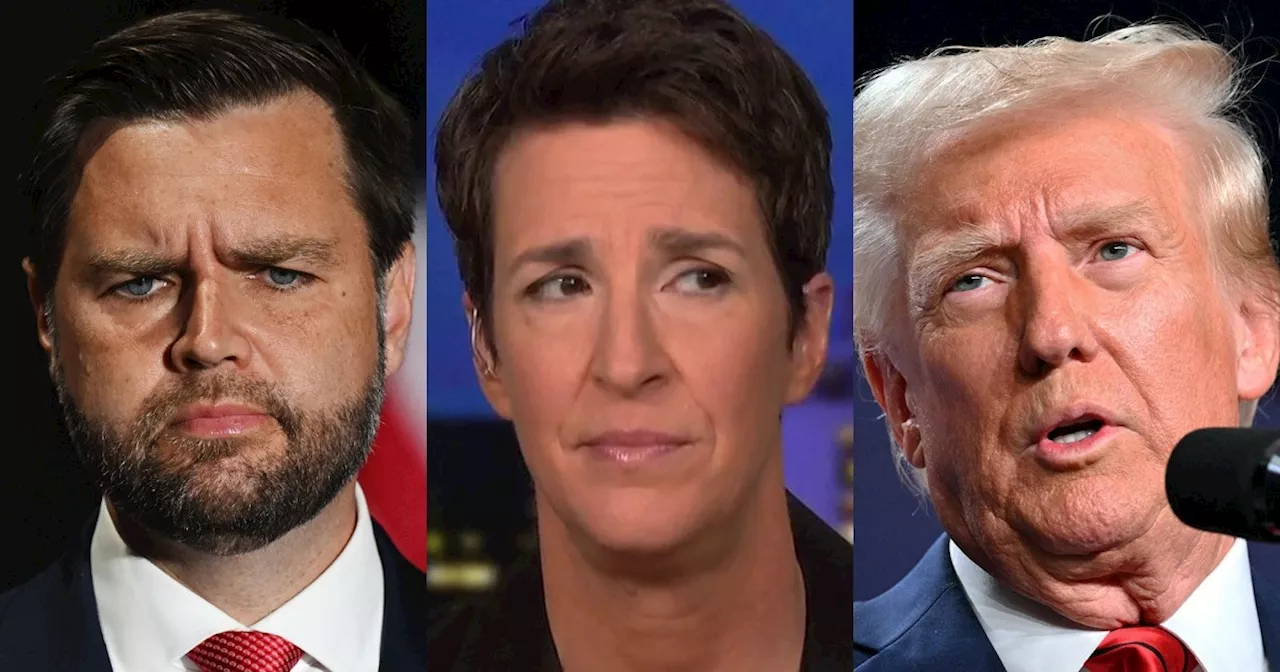 Trump goes too far: Zeal to dismantle federal government triggers public outrageThis is additional taxonomy that helps us with analytics
Trump goes too far: Zeal to dismantle federal government triggers public outrageThis is additional taxonomy that helps us with analytics
Read more »
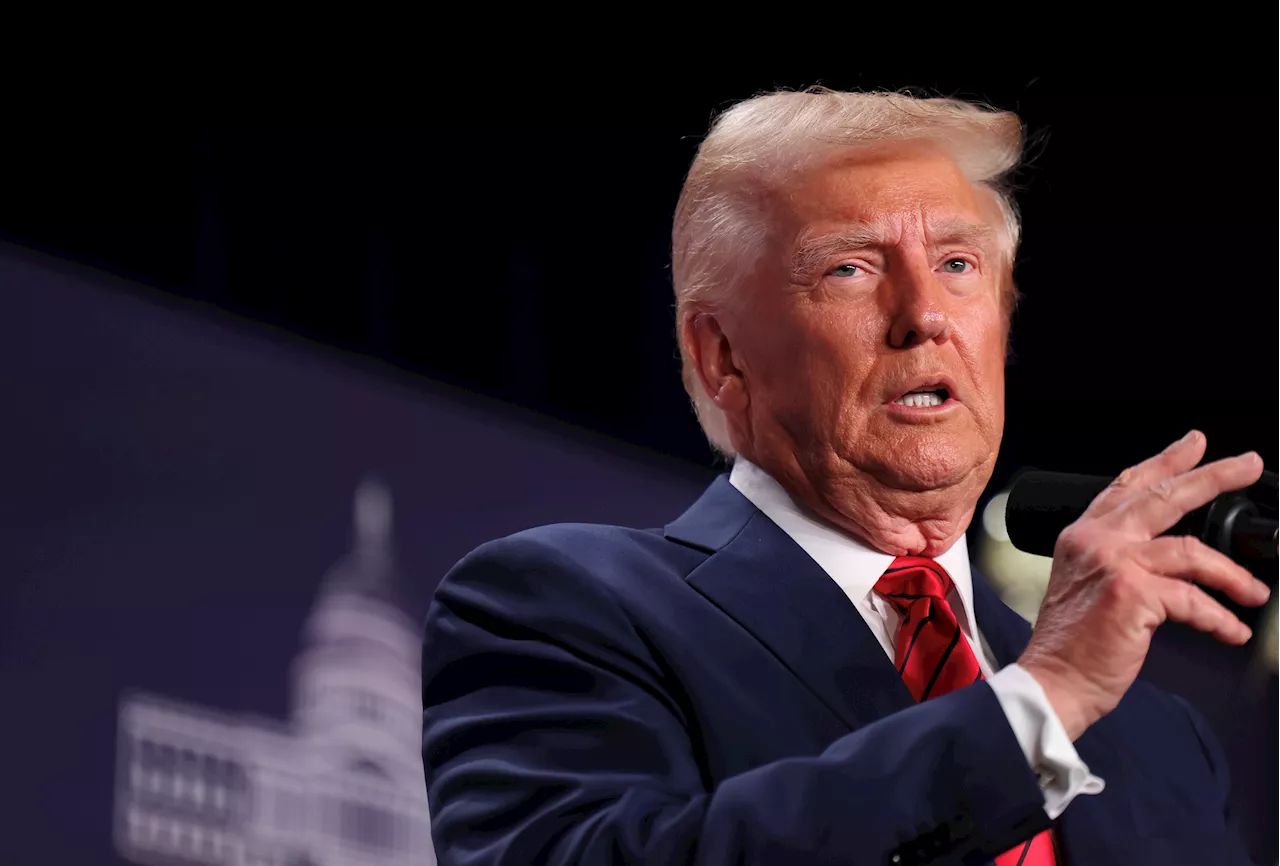 Federal judge temporarily blocks Trump administration freeze on federal grants and loansA federal judge has issued an administrative stay, pausing the start date of the Trump administration’s federal funding freeze until Monday. The freeze was…
Federal judge temporarily blocks Trump administration freeze on federal grants and loansA federal judge has issued an administrative stay, pausing the start date of the Trump administration’s federal funding freeze until Monday. The freeze was…
Read more »
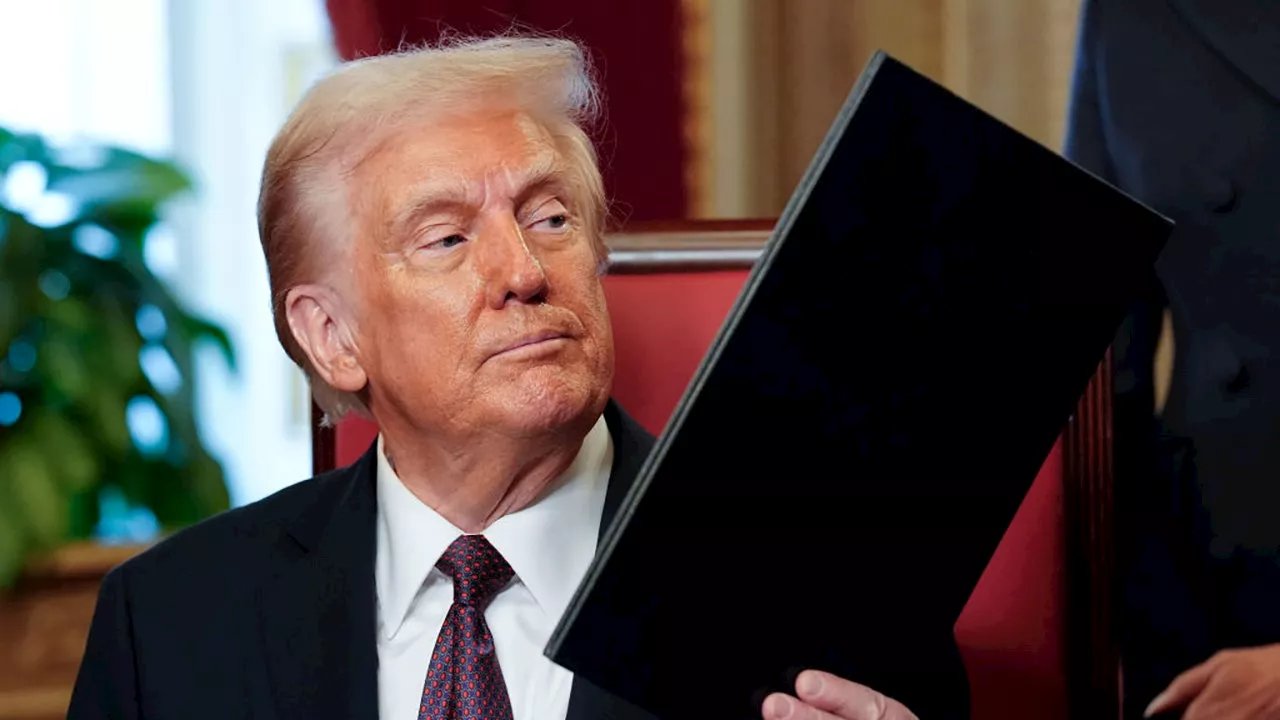 Federal Judge Blocks Trump's Freeze on Federal Grants and LoansA federal judge temporarily halted President Trump's plan to freeze federal grants and loans, citing concerns about its potential impact on vital public programs. The White House initiated the pause to conduct an ideological review of federal spending, but the move sparked confusion and panic among organizations reliant on federal funding.
Federal Judge Blocks Trump's Freeze on Federal Grants and LoansA federal judge temporarily halted President Trump's plan to freeze federal grants and loans, citing concerns about its potential impact on vital public programs. The White House initiated the pause to conduct an ideological review of federal spending, but the move sparked confusion and panic among organizations reliant on federal funding.
Read more »
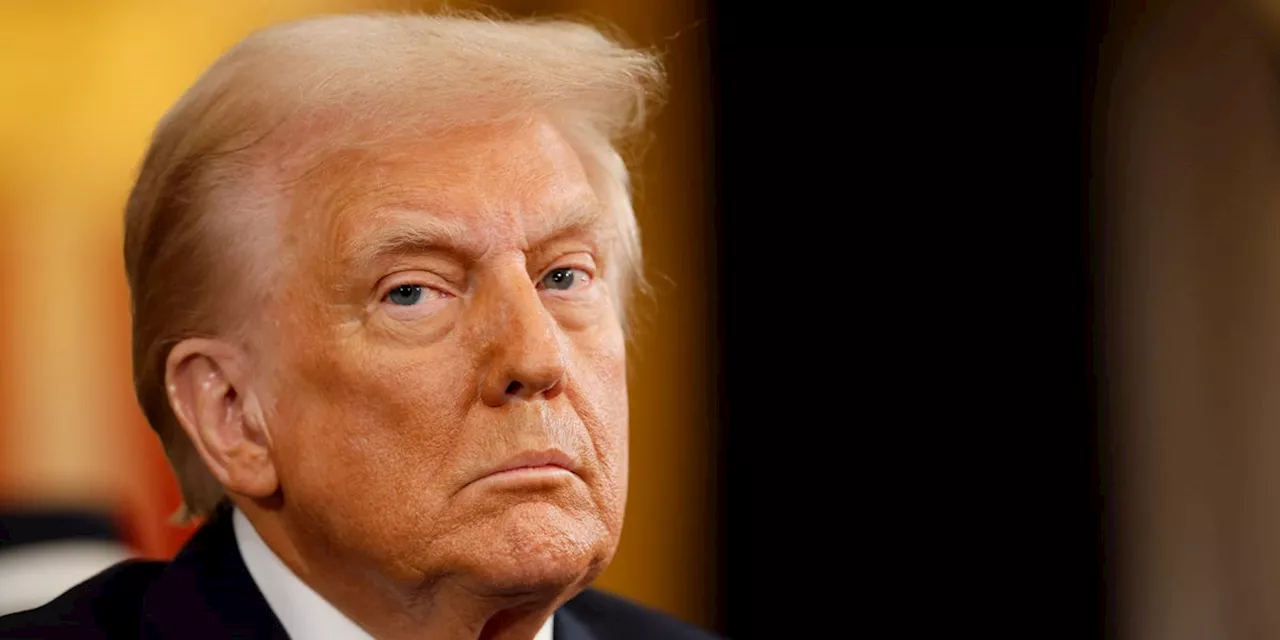 Federal Judge Temporarily Blocks Trump's Order to Freeze Federal GrantsA federal judge has issued a temporary injunction against President Trump's directive to freeze federal grants, protecting funding for existing programs until at least Monday. The ruling came in response to a lawsuit filed by a coalition of non-profit, healthcare, and small business advocacy groups who argued the freeze order was unlawful and would harm grant recipients.
Federal Judge Temporarily Blocks Trump's Order to Freeze Federal GrantsA federal judge has issued a temporary injunction against President Trump's directive to freeze federal grants, protecting funding for existing programs until at least Monday. The ruling came in response to a lawsuit filed by a coalition of non-profit, healthcare, and small business advocacy groups who argued the freeze order was unlawful and would harm grant recipients.
Read more »
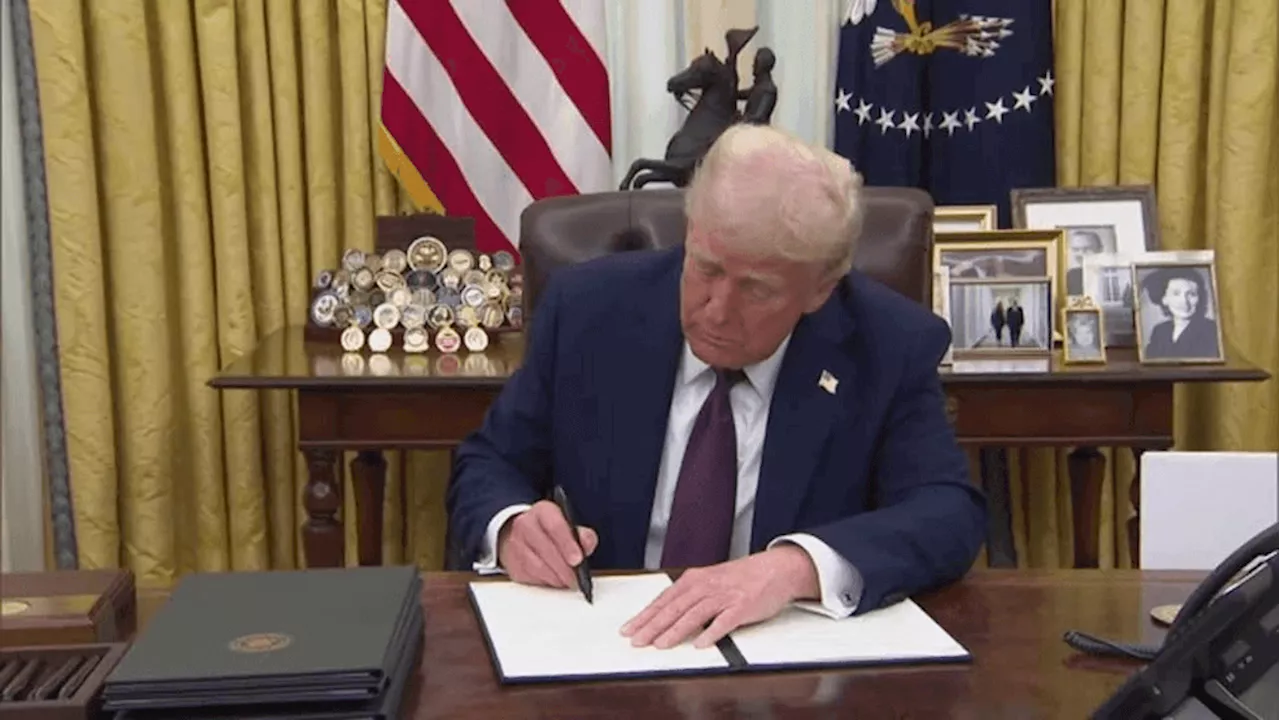 Federal judge temporarily blocks Trump administration freeze on federal grants and loansA federal judge on Tuesday temporarily blocked a push from President Donald Trump to pause federal funding while his administration conducts an across-the-board
Federal judge temporarily blocks Trump administration freeze on federal grants and loansA federal judge on Tuesday temporarily blocked a push from President Donald Trump to pause federal funding while his administration conducts an across-the-board
Read more »
